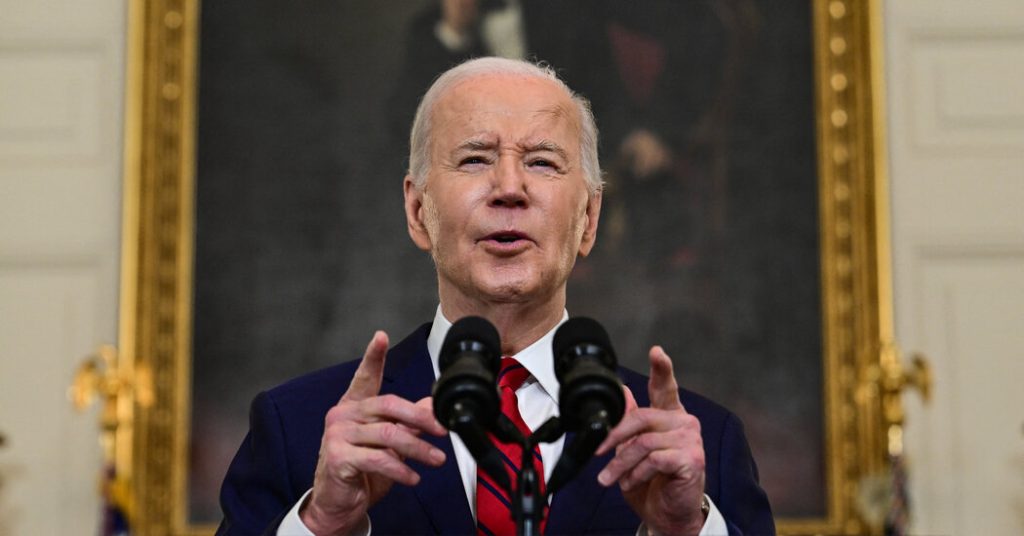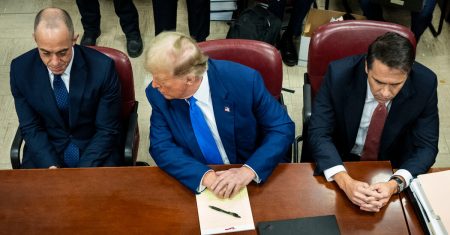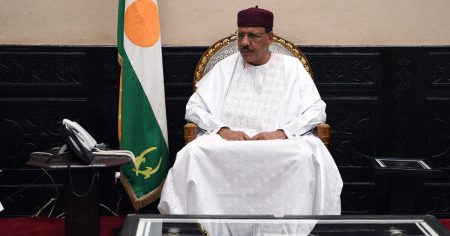Jake Sullivan, President Biden’s national security adviser, faced questions about whether Hungarian Prime Minister Viktor Orban is a dictator, but declined to provide a direct answer, instead referring reporters to the Biden campaign. Sullivan did express concerns about Hungary’s assault on democratic institutions, as Orban has been involved in American politics, attending events such as the Conservative Political Action Conference and expressing support for former President Trump. Heather A. Conley of the German Marshall Fund of the United States emphasized that labeling Orban a dictator could have serious foreign policy implications, potentially placing Hungary in a “special penalty box” within NATO.
The recent controversy surrounding President Biden’s remarks about his uncle’s death in World War II also drew backlash. Biden referenced his uncle’s plane crash in New Guinea, suggesting that cannibals were involved in preventing the recovery of the body. However, Pentagon records indicate that the plane crashed due to engine failure, not as a result of being shot down by any adversaries. The report does not mention encounters with cannibals as Biden described, raising questions about the accuracy of his story.
The complex dynamics surrounding Orban’s leadership and Biden’s storytelling point to larger issues within domestic and foreign policy. Orban’s actions in Hungary have raised concerns about democratic backsliding and authoritarian tendencies, leading to calls for a stronger stance from the United States and other allies. Biden’s comments, while seemingly innocuous, highlight the importance of accuracy and accountability in public statements, particularly when discussing sensitive topics such as military history and international relations.
As Sullivan faced questions about Orban and Biden navigated criticism over his storytelling, the broader implications of these controversies came into focus. The United States’ approach to Hungary and other countries with authoritarian leaders could shape future diplomatic relations and alliances. Similarly, Biden’s reputation as a leader and communicator may be impacted by the accuracy of his statements, especially when discussing personal or historical events. Addressing these issues requires a nuanced understanding of political dynamics and a commitment to transparency and accountability.
The debates surrounding Orban’s leadership, Biden’s storytelling, and broader foreign policy implications underscore the complexities of international relations in the modern era. With democracy under threat in various parts of the world, including Hungary, the United States faces a delicate balancing act in promoting democratic values while maintaining strategic alliances. Biden’s administration will need to navigate these challenges with care, addressing questions about Orban’s leadership and ensuring accuracy in public statements to uphold credibility on the global stage.
Overall, the controversies involving Orban, Biden, and broader foreign policy issues highlight the interconnected nature of modern diplomacy. As world leaders grapple with democratic backsliding, misinformation, and geopolitical tensions, the need for clear communication, informed decision-making, and principled leadership becomes increasingly apparent. By addressing these challenges with diligence and integrity, policymakers can work towards a more stable and democratic world order, where issues such as Orban’s leadership and historical accuracy can be addressed with clarity and accountability.














